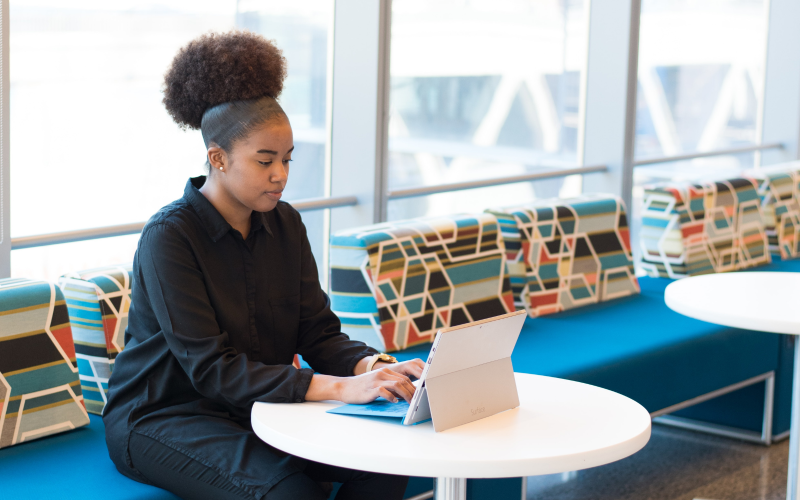Lack of Internet Access May Be a Barrier for Covid-19 Vaccination

ALBANY, N.Y. (December 20, 2021) – While many providers rely on online systems to schedule vaccine appointments, a recent study from the School of Public Health shows that this may be a barrier for increasing Covid-19 vaccine uptake.
Published in the Centers for Disease Control and Prevention (CDC)’s Preventing Chronic Disease, the study examined internet access for people in New York City and vaccine uptake early in the vaccination effort, finding that vaccination was significantly associated with household internet access. Those who did not have internet access were less likely to be vaccinated.
The researchers also created a map that visualizes the data by zip code, creating a method to quickly showcase where the disparities exist. Most of the disparities found were in the Bronx and Brooklyn.
“Our work can be used to strategically place appointment-free vaccination sites in certain locations as short-term solutions,” explains DrPH student Isaac Michaels, one of the study’s authors. “This could help to facilitate efficient and equitable vaccine uptake.”
Michaels and co-authors Sylvia Pirani and Alvaro Carrascal also recommend that public health officials work with other agencies and organizations to advocate for policy changes that would increase internet access, along with partners in the areas with the most disparities to increase access to in-person and telephone-based services for vaccination scheduling.
“Moreover, the technique we used—bivariate mapping—should be considered more often when comparing geographic distributions of health determinants and health outcomes,” says Michaels.
Zip-code level Covid-19 vaccination data was obtained from the New York City Department of Health and Mental Hygiene website and internet access by zip code was taken from NYC Open Data.
The research has influenced policy discussions in New York City. Council member Ben Kallos introduced a bill that would require owners of multifamily buildings to provide free broadband internet to their tenants, citing this work by UAlbany in public statements in support of his proposal. Full results of the study can be found in Preventing Chronic Disease.


